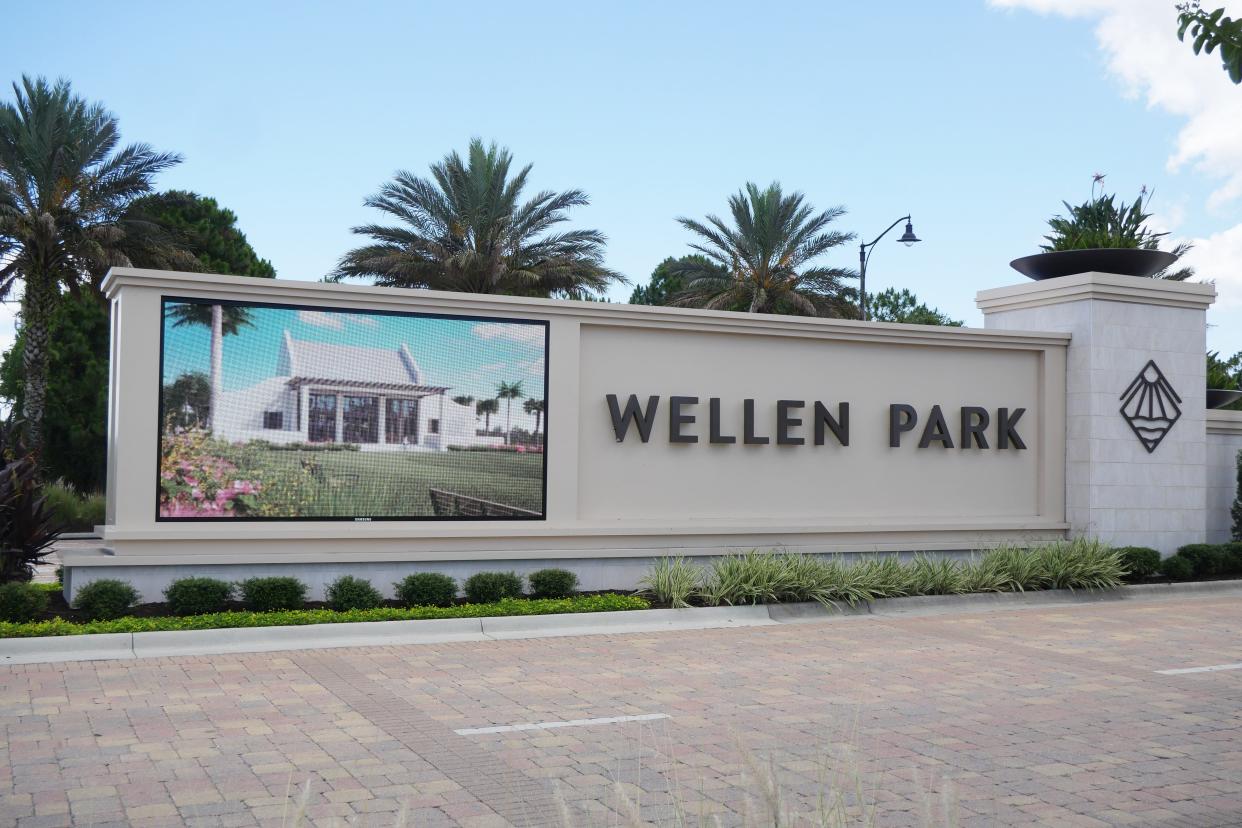Proposed changes to Florida's annexation law may imperil North Port contraction effort

NORTH PORT – The state Legislature is considering two bills that would change state annexation laws that some city residents fear would sink their efforts to separate from North Port by giving owners of undeveloped land a say in Florida's de-annexation process.
Similar legislation never made it out of committee in the 2022 session but this year both bills on the issue are advancing.
Here’s what you need to know about the legislation, where it’s going, and what it would mean for how cities could both expand and contract.
What do the bills say?
Both the House bill on “Municipal Annexation and Contraction,” and Senate bill on “Municipal Boundaries,” have the same key provisions with respect to residents’ efforts to contract city boundaries through a citizen vote.
In cases when more than 70% of the acreage targeted for contraction is owned by entities that are not registered voters, the majority of those otherwise disenfranchised landowners must approve of the move to separate from a city.
Related:Residents ask judge to reject latest North Port commission decision against contraction
A second key provision, inserted in sections that define the type of “feasibility study” that a city must conduct for either land annexation or contraction, would change the decision from a court-like matter to a legislative one.
That means municipalities would no longer need to cite specific reasons tied to “competent and substantial evidence,” as the basis of its decision, making it easier for city or county officials to approve.
The bills, both still before committees, are CS/HB 653, cosponsored by state Reps. Jennifer Canady, R-Lakeland, and Sam H. Killebrew, R-Winter Haven, and CS/SB 718, sponsored by state Sen. Clay Yarborough.
What does that mean for North Port?
If either bill becomes a law, it would take effect July 1. There are no provisions to make sure North Port residents' efforts could continue.
That has John Meisel, chairman of the board of directors for the West Villagers for Responsible Government, worried. He said the legislation "completely disenfranchises registered voters' ability to rectify an improper annexation from the past."
He said the most recent change on Florida's de-annexation law in 1974 was meant to safeguard the referendum process.
The Florida League of Cities supports the legislation, pushed by the Florida Homebuilders Association.
How did we get here?
The West Villagers – while not representing the views of all residents in Wellen Park – started the movement to separate from the city in 2020, saying they were unhappy with the way the city was being run.
Contraction would impact more than 13,900 acres of the city west of the Myakka River, much of it undeveloped.
The residents appealed North Port's April 29, 2021 rejection of the proposed de-annexation, setting off a series of court cases that led to the 2nd District Court of Appeal ordering the city to reconsider.
The city did so in October 2022 and again rejected the residents’ petition for contraction.
The residents appealed that last December 2022. Each side is still filing its case with the court and no hearings have been set.
This article originally appeared on Sarasota Herald-Tribune: North Port: Florida bills could sink residents' effort to contract city

